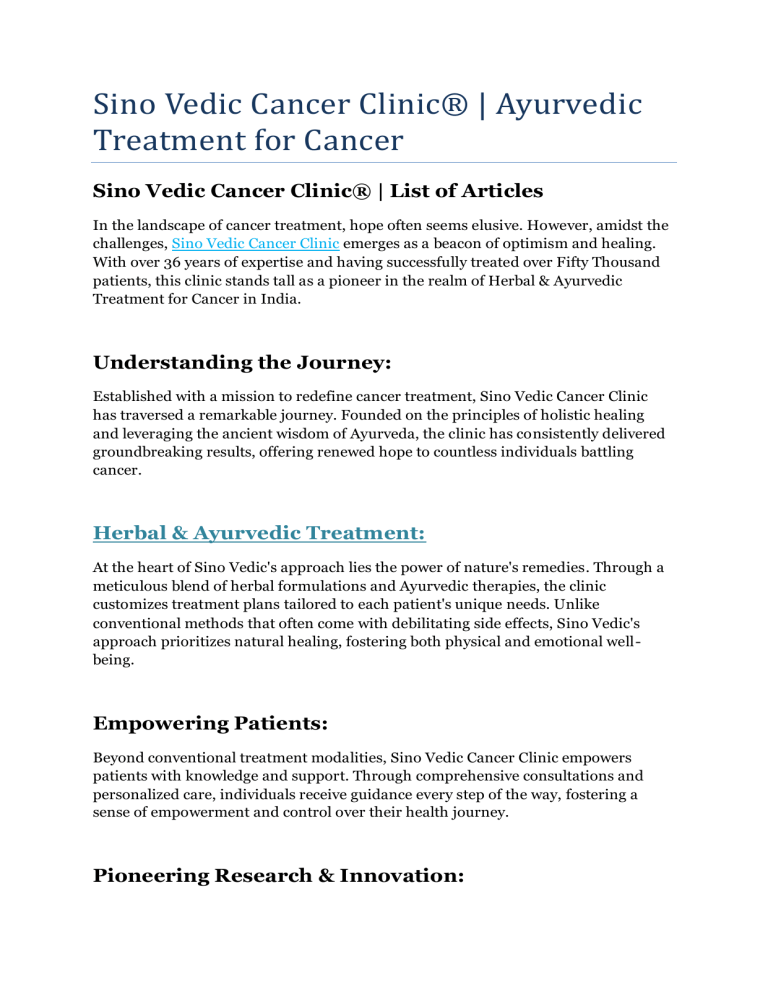The Hirsch Wellness Network is a compassionate community designed to support individuals navigating the challenging journey of cancer. It provides emotional strength, resources, and guidance for those dealing with a cancer diagnosis. At its core lies a commitment to fostering hope and resilience.
Morgan Hirsch: A Dedicated Professional in Radiation Oncology
Morgan Hirsch, NP, is a renowned nurse practitioner specializing in radiation oncology at Atrium Health – Levine Cancer Institute’s Rock Hill Radiation Therapy Center. With a strong educational foundation from the University of South Carolina, she brings expertise and empathy to her practice. Her work focuses on delivering personalized care tailored to each patient's needs, ensuring they receive both physical and emotional support throughout their treatment journey.
Hirsch advocates for an integrative approach that combines conventional treatments with holistic methods when appropriate. However, it’s important to note that while alternative therapies may complement medical protocols, they should never replace evidence-based treatments such as chemotherapy or surgery without consulting healthcare professionals.
Gerson Therapy: An Overview
In Netflix's Apple Cider Vinegar, the fictional Hirsch Institute draws inspiration from Gerson Therapy, a controversial regimen developed by Dr. Max Gerson in the 20th century. This therapy emphasizes a plant-based diet supplemented by daily coffee enemas and other natural interventions. Proponents claim it starves cancer cells by detoxifying the body and boosting the immune system.
However, scientific research does not support these claims. The National Cancer Institute has labeled Gerson Therapy as unproven and potentially harmful. Medical experts caution against abandoning proven treatments like chemotherapy or radiation therapy in favor of unverified alternatives. While some patients might find comfort in complementary practices, it’s crucial to prioritize safety and efficacy under professional supervision.
Expert Insights into Lung Cancer Treatment
Fred R. Hirsch, MD, PhD, a leading authority in thoracic oncology, highlights advancements in targeted therapies and immunotherapies for non-small-cell lung cancer (NSCLC). These innovations have significantly improved outcomes for many patients. Tyrosine kinase inhibitors, for example, target specific genetic mutations driving tumor growth, offering more precise and effective options than traditional chemotherapies.
Despite progress, challenges remain, particularly in early detection and personalized medicine. Hirsch stresses the importance of ongoing research to identify biomarkers and develop novel strategies addressing drug resistance. Additionally, he underscores the value of multidisciplinary collaboration in optimizing patient care across all stages of the disease.
Addressing Myths About Alternative Cancer Treatments
While interest in natural remedies continues to grow, it’s essential to separate fact from fiction. Gerson Therapy, for instance, involves consuming large quantities of organic fruit and vegetable juices alongside rigorous detoxification routines. Although appealing to those seeking gentler solutions, this method lacks robust clinical validation and can pose risks if misused.
Oncologists emphasize the dangers of delaying necessary treatments based on unproven approaches. They encourage open dialogue between patients and providers about integrating safe complementary therapies within established frameworks. By doing so, individuals can benefit from the best of both worlds—modern science and holistic wellness practices.
Arica Hirsch: Bridging Conventional and Integrative Medicine
Dr. Arica Hirsch exemplifies the potential synergy between traditional and integrative medicine. As a board-certified radiation oncologist and fellow in integrative medicine at the University of Arizona under Dr. Andrew Weil, she specializes in combining advanced technologies with mindful healing techniques. Her expertise includes conformal 3-D therapy, which enhances precision during radiation sessions.
Hirsch believes in empowering patients through education and empowerment. She collaborates closely with them to design comprehensive plans addressing not only their medical concerns but also their overall well-being. This holistic perspective aligns perfectly with modern trends prioritizing patient-centered care.
Conclusion
The world of cancer treatment is evolving rapidly, driven by groundbreaking discoveries and innovative technologies. While exploring new avenues holds promise, it’s vital to approach alternative therapies critically and consult qualified practitioners before making significant changes. Organizations like the Hirsch Wellness Network play pivotal roles in supporting communities affected by cancer, promoting awareness, and advocating for balanced, informed decision-making.

